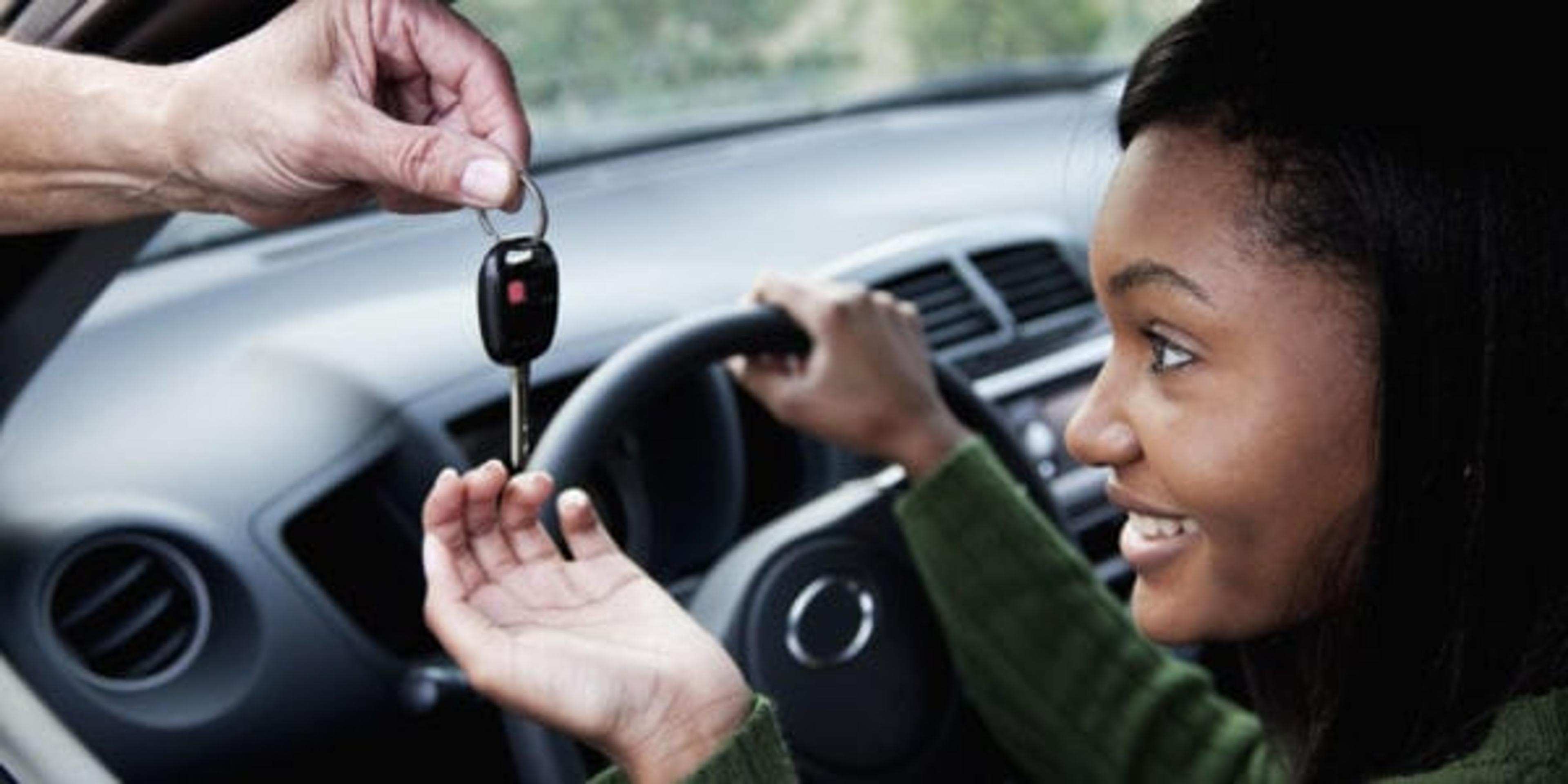Talking to Kids About the Dangers of Drinking and Drugged Driving
Shandra Martinez
| 3 min read

If parents wait until their teens are old enough to slide behind a steering wheel to talk to them about the dangers of drinking and drugged driving, they’ve likely missed a good opportunity. Research shows the sooner parents and guardians talk to their children about drugs and alcohol, the better the chance they have of making an impact on their kids’ future decisions.
For some parents, starting these conversations before children enter their middle school years makes sense. Studies show about 10% of 12-year-olds surveyed say they have already tried alcohol, according to the U.S. Substance Abuse and Mental Health Services Administration (SAMHSA). By the time kids are 15, the number who say they’ve already had a drink rises to 50%. Fast forward to high school seniors and nearly 70% of teens surveyed say they’ve had alcohol. Half of them have already tried an illegal drug, and more than 20% admitted to taking prescription medication for non-medical reasons.
Given these numbers, it can be lifesaving to start talking to children early about the dangers of drinking or taking drugs before driving a vehicle. While these topics are covered in the curriculum of driver’s education classes, hearing the message from parents can have a much greater impact on the choices teens make.
Why these conversations are so important. Many teens feel invincible behind the wheel, but parents know better. The latest statics from SAMHSA show:
- About one in four teen car crashes involves an underage driver who has been drinking.
- Every day, about 800 people are injured and 29 are killed in a drunken driving crash.
- Marijuana users were about 25% more likely to be involved in a crash than drivers with no evidence of marijuana use.
How to talk to kids about drinking and drugged driving
For parents who start these conversations early, keep the message simple for younger children. Examples they can relate to will work better than statistics for elementary and middle school-age kids. If someone they know was involved in an accident linked to alcohol or drugs, share those facts in an easy-to-understand way. As children become teens, conversations can be more detailed. SAMHSA offers these tips:
- There is no perfect time to talk about this. When you are in the car with your child or even at the dinner table are good places to start.
- Set expectations for new drivers. It’s not enough to tell them they are not allowed to be impaired drivers. They need to understand they cannot get into a vehicle if another driver has been drinking or using drugs.
- Approach the conversation from a point of caring. You keep telling them these things because you love them and want them to be safe, not because you don’t trust them to make the right decisions.
Talk about an exit plan. It can be hard for some teens to get out of a dangerous situation if they have not talked about it with an adult first. Some children might find it difficult to say no to a grownup or even their peers if they are invited to get into a vehicle with someone they know has been drinking or taking drugs. Talk to them about what an exit strategy looks like. This could include:
- Using a rideshare service or taxi instead.
- Calling a relative or friend for a ride home.
- Staying the night at their current location.
- Using an illness (sudden headache, upset stomach) as an excuse to call a parent or friend for a ride home.
- Tell them it’s always OK to call home, no matter what time it is, for a safe ride home.
Related:
Photo credit: Getty





